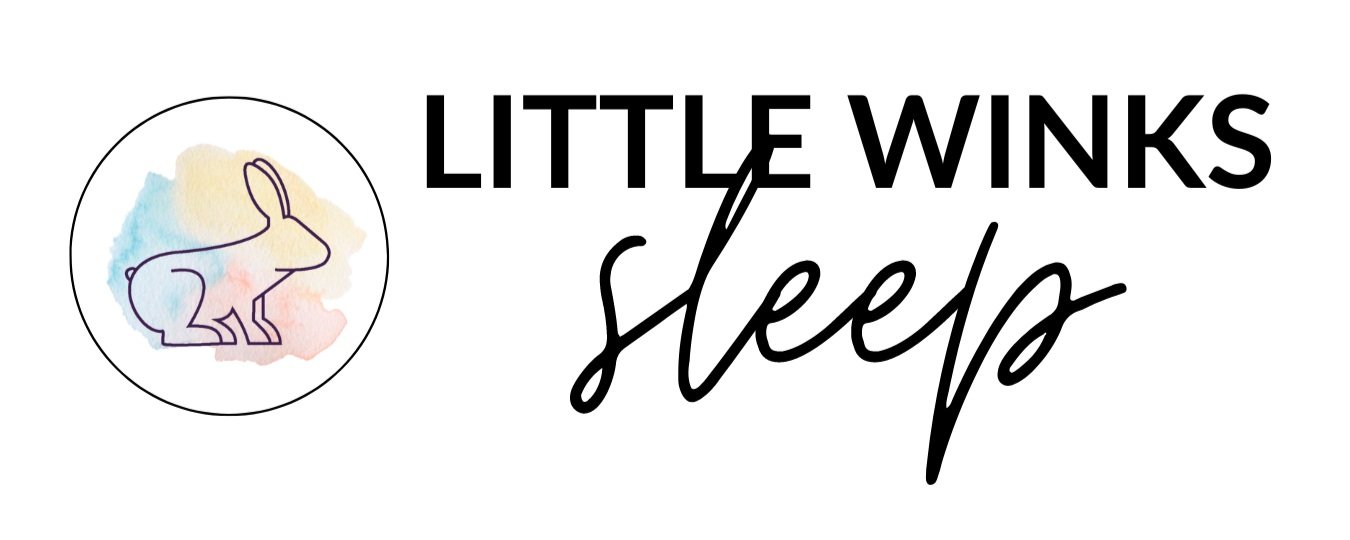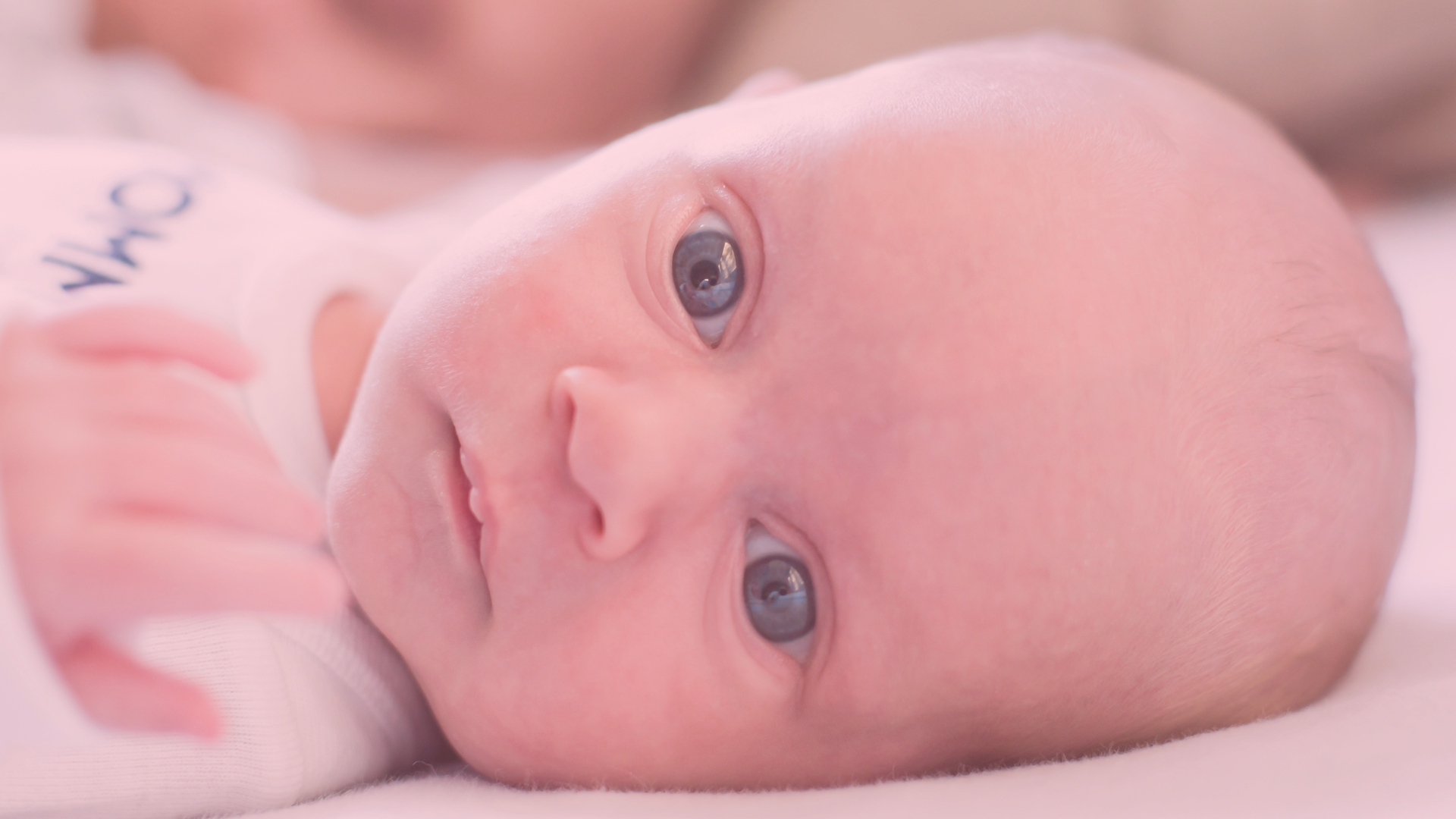What time should my baby go to sleep?
There are certain things in life that are not the way we thought they would be. As a parent, I’m sure you can think of a few situations that were surprising to you:
“I never would have thought that mesh underwear would be my choice of lingerie.”
“Didn’t think the first tattoo I’d have to have removed was Sharpie from my toddler’s stunning work of body art (i.e. colouring on Mommy while she closed her eyes for just a sec).”
“I always considered myself a confident person until I went head-to-head with my toddler, the Cocomelon soundtrack, and two hours on the road.”
(Saying to neighbours) “Oh, you’ve never seen a mayonnaise and ketchup sandwich? Yeah, it’s a staple around here … Why? Because they eat it.”
For me, I was surprised that my baby had a later bedtime than I did. I pictured my newborn going to sleep for the night at maybe 5pm … not between 10-1am. I remember thinking, “Isn’t 10pm like crazy late for a baby to go to sleep?” Followed up by “WHY AREN’T YOU SLEEPING?!?!”
The truth is I didn’t really know anything about babies and sleep when I had my first. I was going off of advice given to me at baby showers and from random strangers at the grocery store who would stop me at the sight of my pregnant belly and pass along their wisdom. Some of it was helpful. Some of it led me completely in the wrong direction.
So let’s do some light learning about the science of sleep.
There are 3 main factors to consider when it comes to sleep and your little one:
1. Circadian Rhythm ☀️ 🌕
This is your baby's body clock, setting the day and night of the body. When the body clock is confused, it quickly contributes to sleep issues.
*Practical tip → set a 12 hour, consistent schedule with your little one (i.e. start baby’s day at 7am every day; lay baby down awake in the crib at 7pm each night).
2. Sleep Pressure 🤯
This is the pressure/build up of adenosine in the brain which occurs during awake time. As the brain builds pressure, it reaches a point of needing the pressure released by initiating sleep. If it isn't released in time? Overtired city, party of one.
*Practical tip → download our Free Awake Times Chart . Then learn about your child’s awake windows and watch for those sleep cues!
3. Sleep Skills 💤
This is your child's understanding of sleep, how to sleep, when to sleep and that they are safe within sleep.
*Practical tip → establish a Bedtime Routine that you stick to each night, making sure it’s baby that controls their journey to sleep (i.e. you lay them down awake instead of feeding or rocking them to sleep).
Understanding these 3 factors is KEY to empowering and equipping your child to become an independent sleeper ✌
Great, so we get that. But, you’re wondering, what is the ACTUAL TIME my baby should be going to sleep?
Let’s dive into some specifics:
For newborns: bedtime should land between 8-10pm.
For babies 16 weeks and older: we want bedtime between 7-7:30pm.
Why? Glad you asked.
Peek melatonin (the sleepy drug) is released in our bodies between 7-8pm, so if we can lay our little one down in that sweet spot, it’ll be that much easier for them to get to dreamland. If we wait until after 8pm, cortisol has hit (the adrenaline drug) and it’ll take a while for that to wear off.
If you’re needing more guidance when it comes to sleep, there are two great options we have for you at Little Winks:
1:1 Sleep Coaching package (click here for more info)
One of our Guided Sleep Courses (click here for our self-led courses info page for all you DIY mamas)
Not sure what option is best for you? Visit our website here for more information or book a free 15 minute call with one of our sleep coaches to talk about how we can best support the needs of your family.
Sleep Sweetly,
Anna



